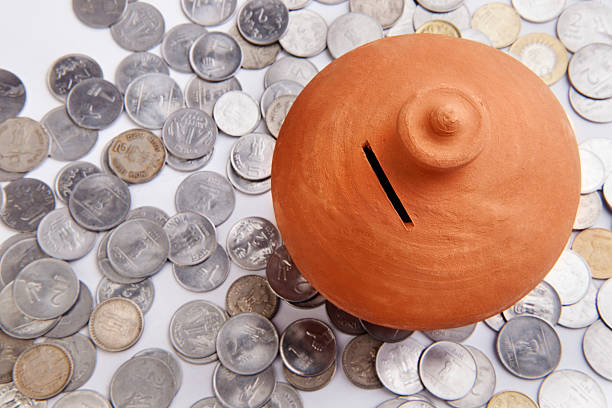What are Fixed Deposits?

Fixed Deposits, or FDs, are among the safer ways to invest in India for an NRI, which can help to earn a fixed-interest income. Let us understand the three different types of NRI Fixed Deposit Accounts.
What are Non-Resident External (NRE) Fixed Deposits?
NRIs open NRE-FD accounts to deposit their foreign earnings in Indian rupees. The interest earned in an NRE account is tax-free in India but may be taxed in your country of residence. Both the principal as well as the interest earned can be fully repatriated.
What are Non-Resident Ordinary (NRO) Fixed Deposits?
NRIs can open an NRO Fixed Deposit account to maintain and save their income generated in India, such as dividends, rental income, pension, etc. Interest earned on the funds is taxable in India at 30%, along with surcharge and cess.
What are Foreign Currency Non-Resident (Banks) Fixed Deposit?
An FCNR (B) fixed deposit account allows NRIs to deposit funds in a foreign currency in India, such as USD, GBP, EUR, JPY, AUD, CAD, SGD, HKD, and others. You can deposit money for different terms, like 12 months, 24 months, 36 months, 48 months, or 60 months. An FCNR account helps NRIs avoid currency fluctuation. FCNR FD interest rates vary based on the currency. The interest income is not taxable in India, and the principal amount and the interest are entirely repatriable.
FREQUENTLY ASKED OPTIONS
- Should an NRI open an FD with an NRO or NRE account?
An NRO account will have all the deposits earned from India. For instance, shares, mutual funds, inheritance, and property sales. Interest earned from NRO fixed deposits is taxable at 30%. An NRE account contains deposits from income that comes from overseas. For instance- salary, shares, etc. Interest earned from this account is tax-free till you permanently return to India. If the money was earned in India, you can only indirectly deposit it in your NRE account.
The money will come into your NRO account, and after paying 30% tax, you can transfer it to your NRE account.
- Are all NRI fixed deposits exempt from tax?
No, NRO fixed deposits are subject to income tax. NRE and FCNR deposits, on the other hand, are not subject to income tax.
- What are the standard documents required to open NRI Fixed Deposit?
- A valid Indian PAN card
- Your Indian passport
- Documents to prove NRI status – Work / Residence Permit or Employment/Residence Visa copy
- A recent passport-size color photograph
- Address proof (overseas and in India)
Looking for extensive services for your NRI portfolios? Reach out to us at saturnconsultinggroup.com.






